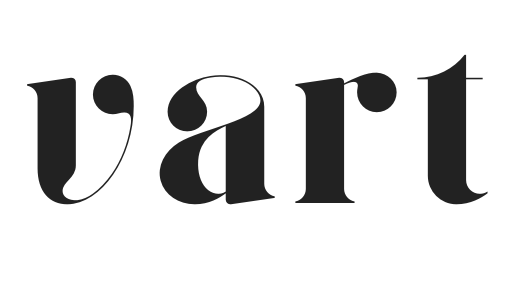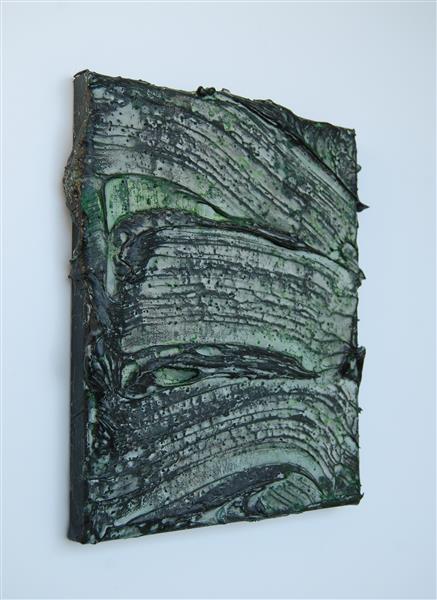
a bird flying in the sky over a mountain range
https://images.unsplash.com/photo-1569765574250-ddea54410c8f?fm=jpg&fit=crop&w=600&q=80&fit=max

an orange door sitting in front of a green building
https://images.unsplash.com/photo-1679426220462-573b4ca2448e?fm=jpg&fit=crop&w=600&q=80&fit=max
The two great epics of our country are essential to us because they illustrate the subordination of 2 human pursuits, i.e. artha and kāma to dharma.
Valmiki describes Rāma as the very embodiment of dharma.”
The Rāmāyaṇa is “truly the mirror of Indian culture,” and is an exemplar to all classical literature in the country. The Mahābhārata expands on the challenges that dharma faces from artha and kāma in both personal and public life. Its crowning glory the Bhagavad Gita, asks us to rise above the life’s vagaries and unpredictability by relying on“the Supreme spirit,” which is within every bein

, genre: flower painting, style: Expressionism, completition: 1914.
https://uploads6.wikiart.org/00323/images/emilie-charmy/flowers-in-a-vase-c1914.jpgIt’s my perfect distortion
My face mirrored, and split by emotion
Toyed with and tainted as I move
From one to another, I fit to the grooves
Of the loose ends of sharpness that gather to unite
To be perfectly fitted
And renewed to the mirrored spite
Unnoticeably broken
But brittle and rough
Stand from afar, and admire the muffs
Help with the pane
Move to uncertainty
Lure the cheery light
And cure my fearful fright.
It’s my perfect distortion
That I recognize so well
But help me see
What the others see but tell.
Are the pieces lost?
Slipped through the cracks?
Fallen through to the dangerous high acts?
I’ll never know of my pieces that are missing.
Mold the old to fit the space
Kiss the glass, even of bad taste
Forever, but never made
To be new
Just molded and distorted
To create a familiar you
Of mirrored light, broken,
But Forever Bright.
Please stay with the brittle pane
Until the sun goes down
And pain fades
And new lights of distorted beauty
Reign again
Homer's Iliad opens with a plague visited upon the Greek camp at Troy. The Decameron (1353) by Giovanni Boccaccio is set during the Black Death.
The stories offer the listeners ways to consider how similar crises have been managed previously, and how to reorganize their daily lives, which have been suspended due to the epidemic.
https://t.co/s4ykFesv9K https://t.co/5FnITTpjTs

a person's footprints in the sand near the ocean
https://images.unsplash.com/photo-1645485949928-1dc9648e6ad7?fm=jpg&fit=crop&w=600&q=80&fit=max
My heart is in your hands. What will you do with it?
I give it freely; I've not had it broken before.
I may not deserve it, but I hope we end together.
We may not make it, but we have to try, right?
How could we sacrifice what we have, something so beautiful.
These are the things dreams are made of, that which we have,
Things sometimes never achieved.
We have.
You tell me you're mine, if I ever want you.
How could you even doubt it?
I never have.
You say you're independent - so am I.
You don't want to be tied down too early.
I'll help you fly.
You say you don't want to spend eternity without me.
What kind of God would do that to us?
Not any God of mine.
Time wasted on meaningless pastimes, without you.
So many things I want you to see, to be with me through.
I can't wait for the day I never leave you, together.
The day we become one, in God's eyes, forever.
Love does not begin to say it all.

a man standing on rocks near a river
https://images.unsplash.com/photo-1619368053340-3208fc2b121b?fm=jpg&fit=crop&w=600&q=80&fit=max















